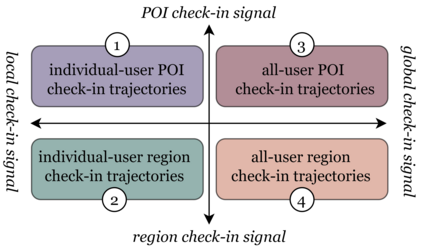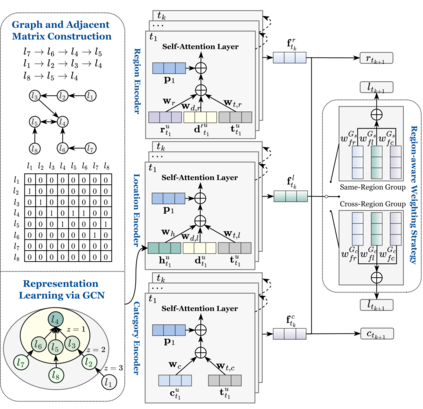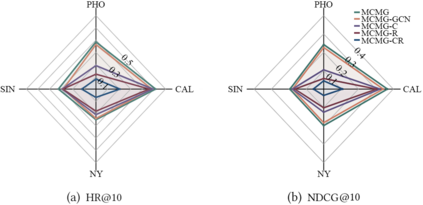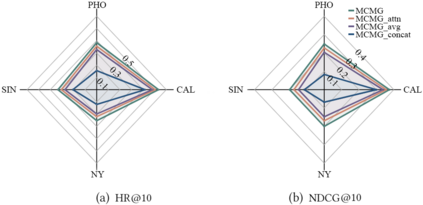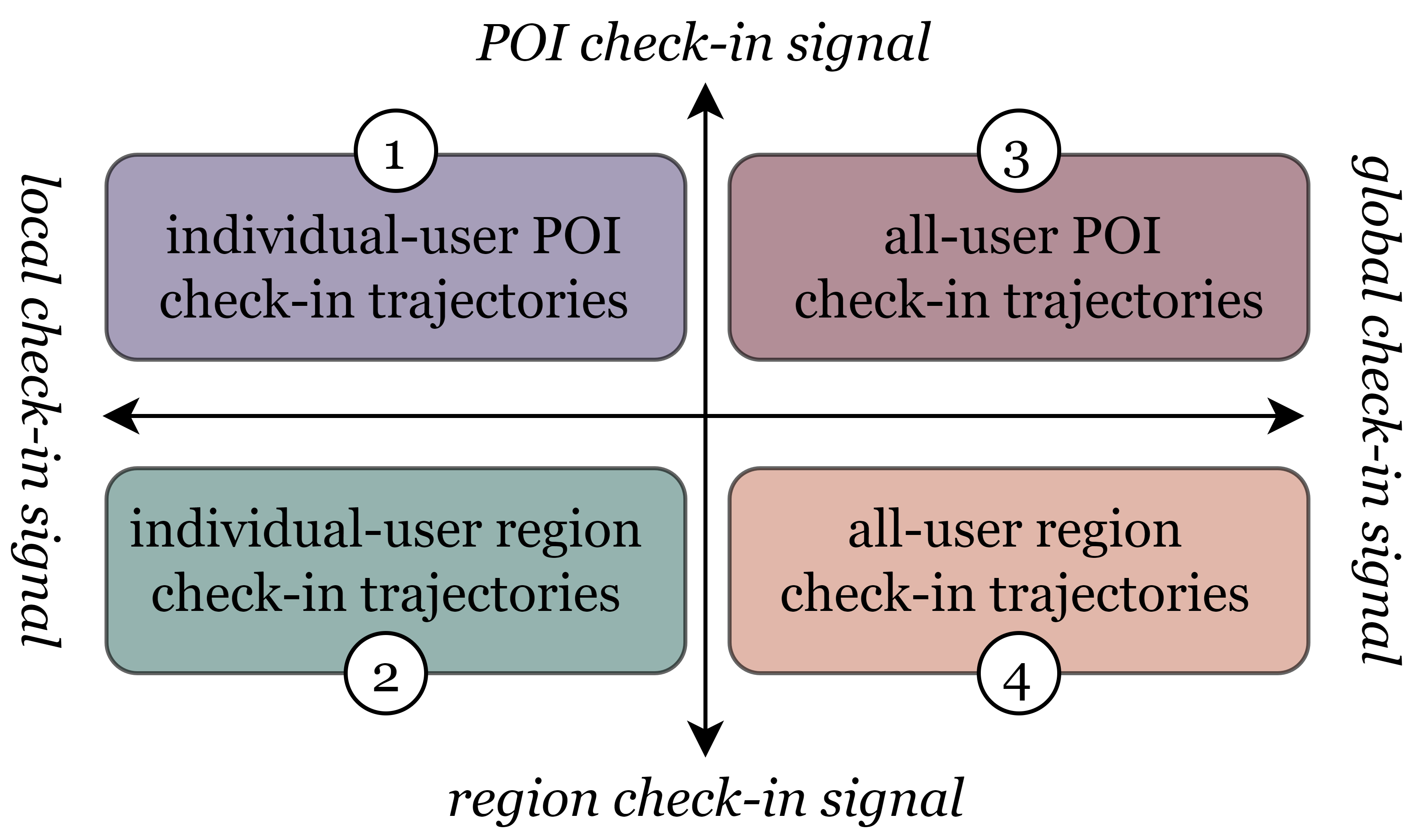Current study on next POI recommendation mainly explores user sequential transitions with the fine-grained individual-user POI check-in trajectories only, which suffers from the severe check-in data sparsity issue. In fact, coarse-grained signals (i.e., region- and global-level check-ins) in such sparse check-ins would also benefit to augment user preference learning. Specifically, our data analysis unveils that user movement exhibits noticeable patterns w.r.t. the regions of visited POIs. Meanwhile, the global all-user check-ins can help reflect sequential regularities shared by the crowd. We are, therefore, inspired to propose the MCMG: a Multi-Channel next POI recommendation framework with Multi-Granularity signals categorized from two orthogonal perspectives, i.e., fine-coarse grained check-ins at either POI/region level or local/global level. Being equipped with three modules (i.e., global user behavior encoder, local multi-channel encoder, and region-aware weighting strategy), MCMG is capable of capturing both fine- and coarse-grained sequential regularities as well as exploring the dynamic impact of multi-channel by differentiating the region check-in patterns. Extensive experiments on four real-world datasets show that our MCMG significantly outperforms state-of-the-art next POI recommendation approaches.
翻译:目前对POI下一步建议的研究主要探索用户顺序过渡,使用细微的个体用户POI检查路径,仅能反映人群的相继规律。因此,我们受到启发,提出MCMG:下一个多协调的POI建议框架,由多统性信号组成的多统性框架,从两种或多种层次的角度分类,即,在POI/区域一级或地方/全球一级进行细分解的检查,也会有助于增加用户的偏好学习。具体地说,我们的数据分析表明,用户流动显示出明显模式,在所访问的POIs区域区域。同时,全球所有用户检查有助于反映人群的相继规律。因此,我们受启发提出MCMG:一个多协调的下一个POI建议框架,其多统性信号从两种或多种层次的角度分类,即区域和全球一级或地方/全球级别上分类。

